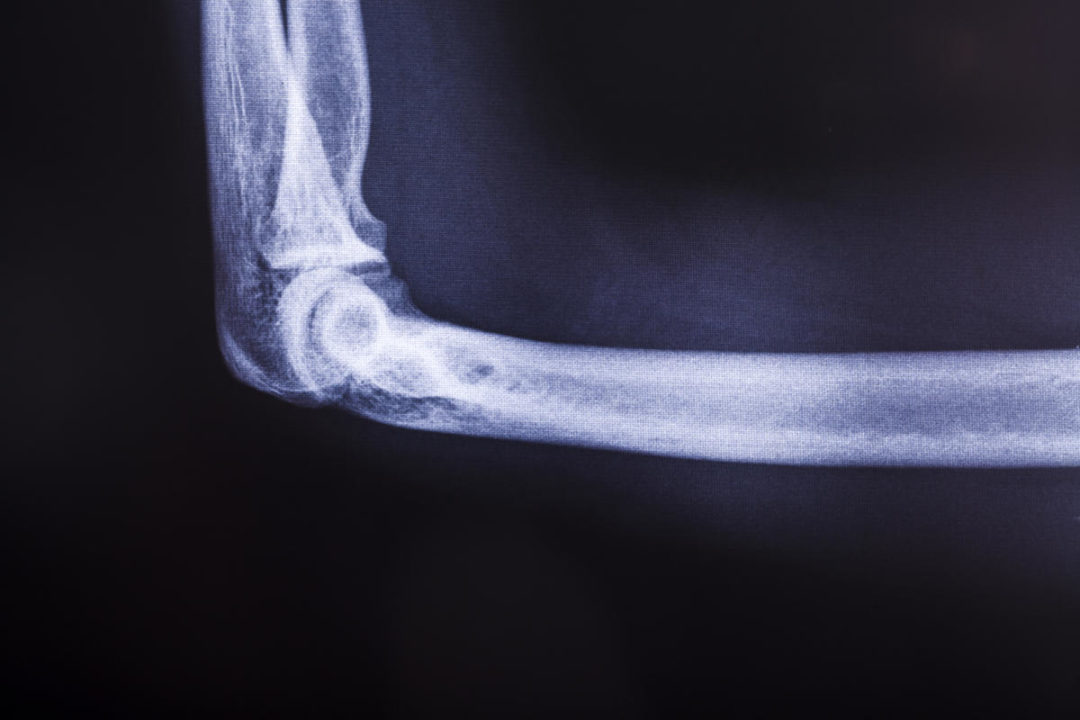Berkeley, CA—A new study reports that vitamin D deficiency may decrease bone quality as well as density, increasing the risk of fracture.
Published in Science Translational Medicine, the study, conducted by Robert Ritchie, Ph.D., Sc.D., and his colleagues at Lawrence Berkeley National Laboratory, the University of California and University Medical Center Hamburg. Though it is known that vitamin D deficiency inhibits the mineralization process necessary for new bone growth, Ritchie and his team hypothesized that “restoring the normal level of vitamin D not only corrects the imbalance of mineralized and non-mineralized bone quantities, but also initiates simultaneous multi-scale alterations in bone structure that affects both the intrinsic and extrinsic fracture mechanism.”
The team took iliac crest bone core samples from 30 participants, 15 of whom were vitamin D deficient (defined as a serum concentration of 10 micrograms per liter; normal serum concentrations are upwards of 20 micrograms per liter). The structure and composition of the samples, as well as the resistance to crack growth, were then measured in order to “relate mechanical properties to specific structural changes,” Ritchie explained.
The study’s results show that the existing bone underneath new non-mineralized bone in vitamin D deficient subjects was more heavily mineralized and displayed characteristics of older and more brittle bone, such as mature collagen molecules. The team concluded that vitamin D deficiency increases the initiation and spread of bone cracks by 22–31%. Ritchie recommends consistently well-balanced levels of vitamin D to protect the health and structural integrity of bone.
Published in WholeFoods Magazine, October 2013 (online 8/22/13)










